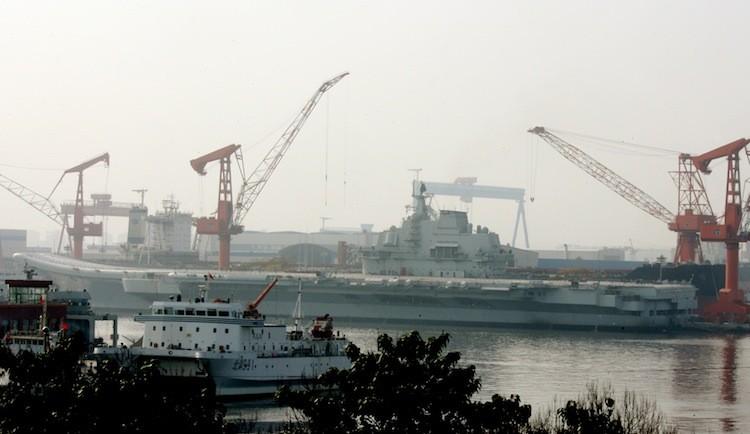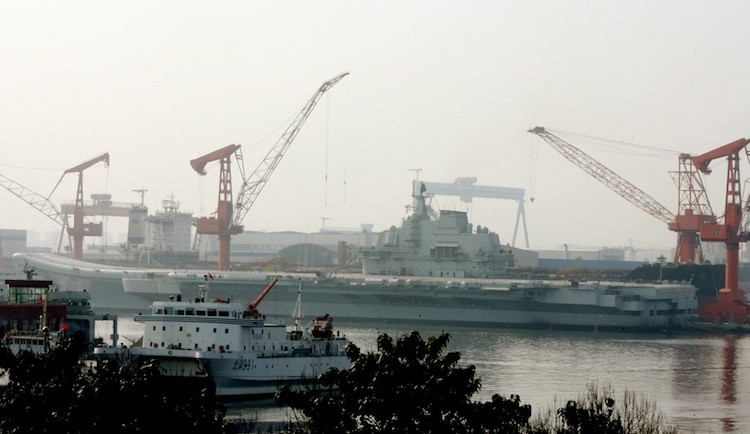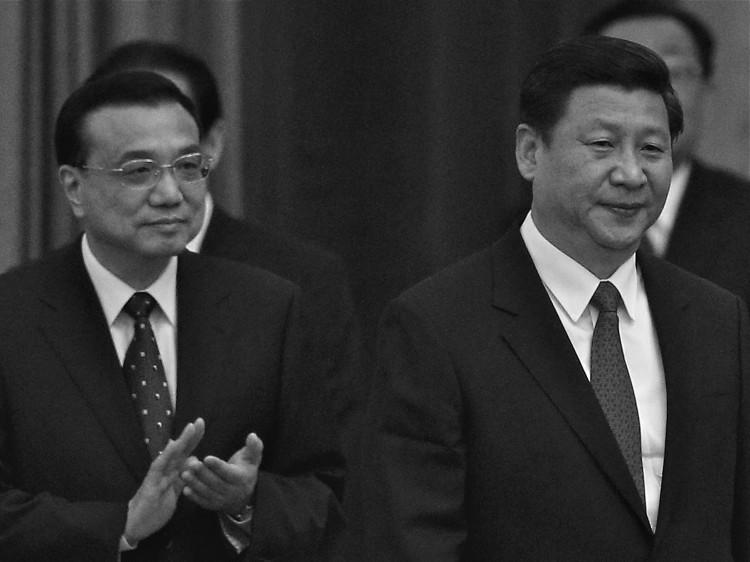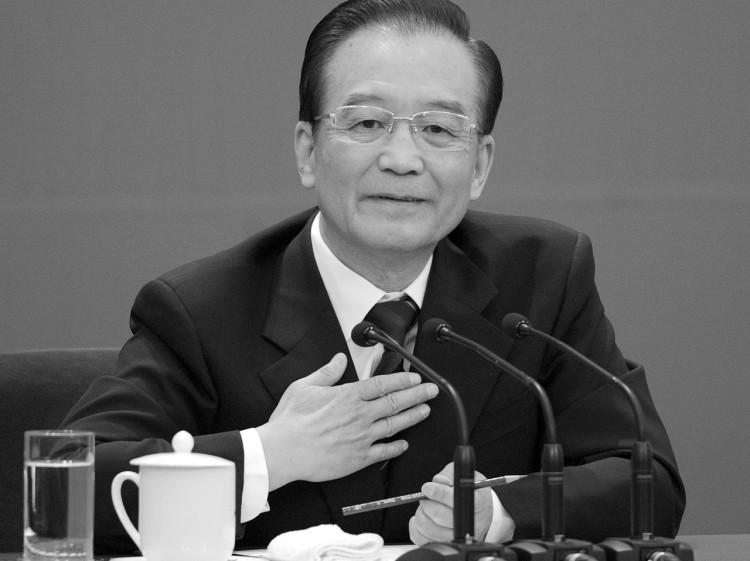The Significance of China’s First Aircraft Carrier
After an inaugural four-day trial at sea, China’s aircraft carrier returned to the mainland’s northeastern port of Dalian on Aug. 14
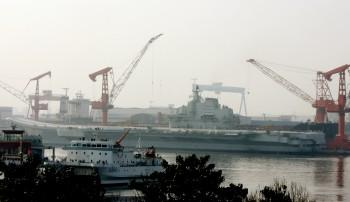
China's first aircraft carrier, the former Soviet carrier Varyag which China bought from Ukraine in 1998, at the port of Dalian, in northeast China's Liaoning province on Aug. 4. AFP/Getty Images
|Updated:
